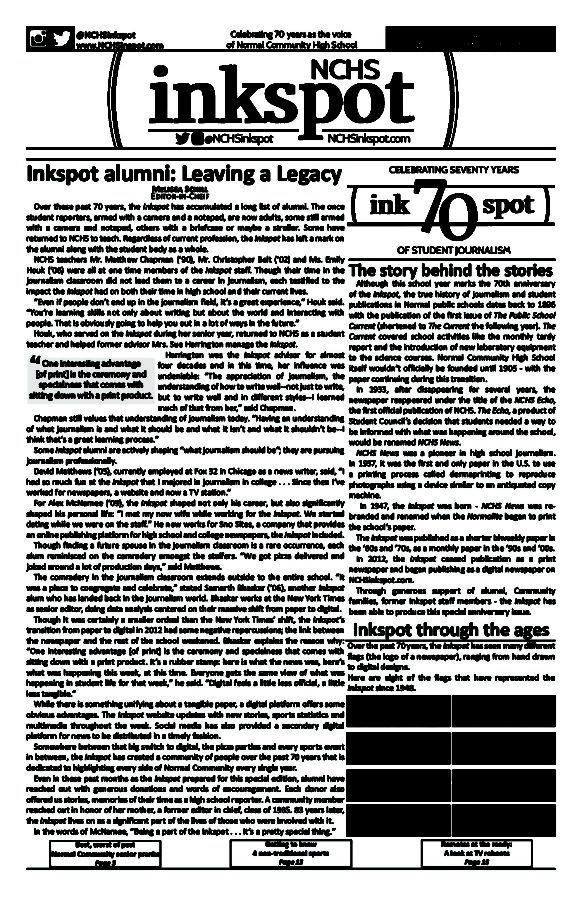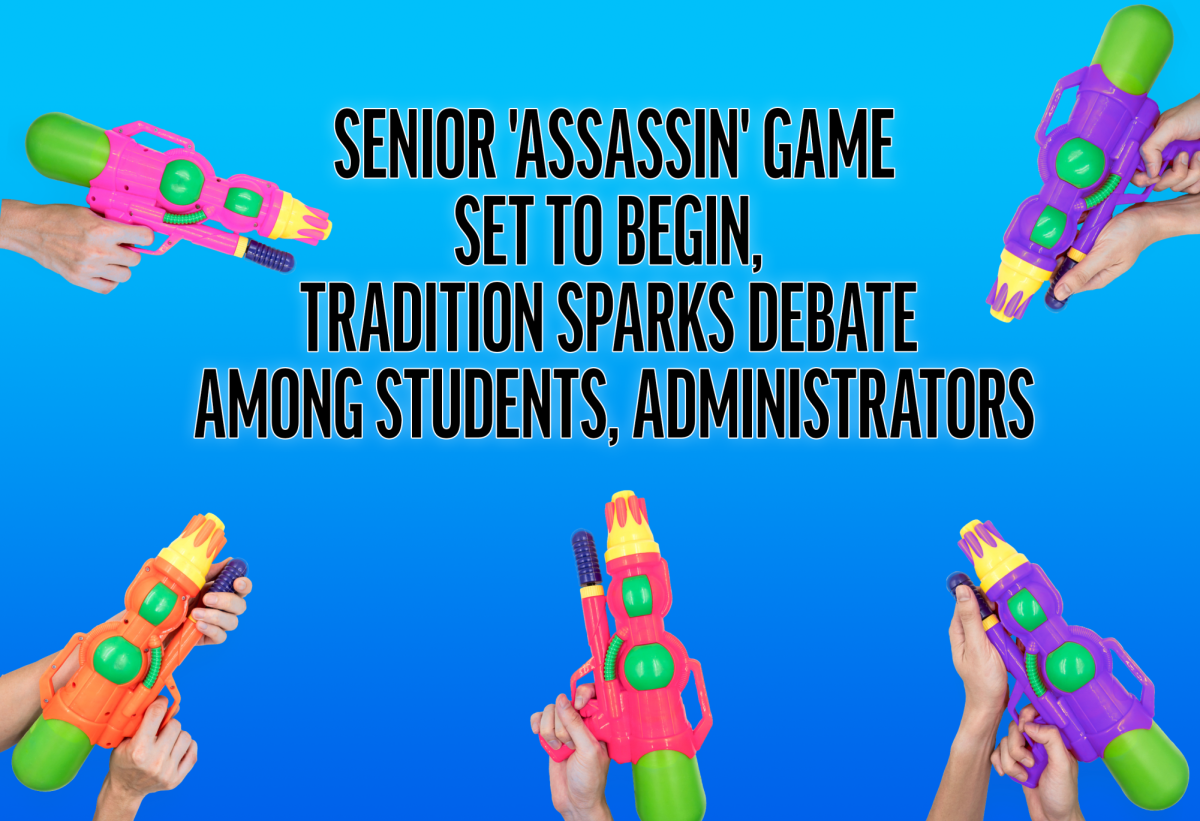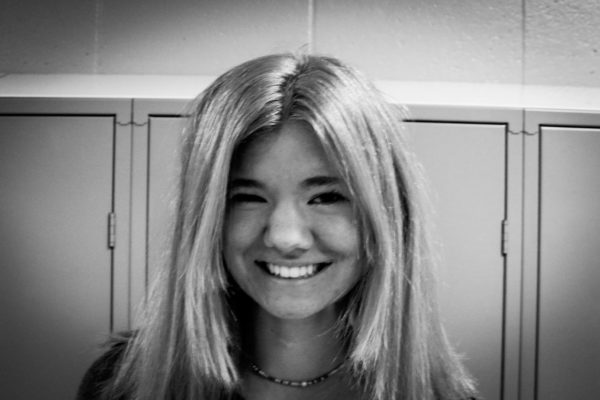From California to New Jersey, Florida to Arizona, the game of “Assassin” is causing controversy.
While the game’s rules are simple–teams of high school seniors compete to eliminate their fellow participants, typically by shooting them with water or Nerf guns, until one four-person squad remains, the issues surrounding the game are more complex.
Nationally, the seemingly harmless senior tradition has led to police responding to calls of reckless driving, trespassing, car accidents and reports of armed teenagers in public parking lots.
At Community, seniors are set to kick off the non-school-sanctioned game on April 5, igniting differing perspectives among students, staff, and administrators.
With headlines across the country reading “’ Senior assassin’ game ended by Kingston police after finding water gun that looks like real pistol” and “Water gun mistaken for real gun in Mendon,” the game is a cause of concern for Community’s School Resource Officer Mr. Jeremy Flood.
One of the veteran Normal Police Department member’s responsibilities, Flood said, is to monitor anything that could be mistaken for a potential weapon.
While Flood does not oppose the game outright, he advises that seniors use an approach that doesn’t involve “the terminology of shooting or killing” or uses anything that resembles a firearm.
That concern is especially pressing, Principal Dr. Adam Zbrozek said, “in today’s society [where] school shootings are a major topic of concern and cause a lot of anxiety for people in the school setting.”
That anxiety is amplified at Community, where a firearm was discharged in a classroom in 2012, Zbrozek said.
“Many of the staff members that were there that day are still here now,” Zbrozek said, “so we have to be extremely careful about how we plan to do something that is fun in nature, but can catch people off guard.”
Under “gamemaster” Izzy Salvati, the senior class believes they’ve taken the proper precautions.
Salvati, in her role, verifies who has been eliminated via video, upholds the rules and distributes the game’s cash prize to the winning team.
Among those rules: Community’s students are not participating in “assassin,” instead playing “elimination;” and they are not playing on school property.
The boundaries will prevent Flood from having to worry about “kids in the parking lot…jumping out of cars in a shooting stance, surprising people.”
By restricting where and when the game is played, the organizers believe they’ll avoid Flood’s fear that “seniors who are just having a fun time” could be “taken the wrong way.”
Salvati understands the safety concern “with upris[e in] school shootings,” she said, but worries about the negative impact of excessive caution on her generation.
“There’s so much focus on us being safe,” Salvati said, “to the point where we can’t have fun.”
Community’s seniors will be playing with neon water guns, something senior Amalia Esparza hopes will eliminate any “suspicion that someone could be doing something dangerous.”
“Hopefully,” Esparza said, “no one will assume that that’s anything but a water gun.”
Those water guns senior Tanner Dowd sees as a necessity.
Dowd said water guns allow players to avoid causing physical or property damage that could be inflicted by other projectiles, such as paint or Orbeez, a brand of gel blaster.
Unlike water guns, Esparza said, “those… can kind of hurt.”
Esparza believes if water guns were unsafe, they wouldn’t be a staple of childhood.
Playing with water guns, the senior said, is just a “fun thing to do.”
Esparza believes the most significant impact of water guns is inconvenience.
“Especially if you are trying to go somewhere,” Esparza said, and you get sprayed, “it just gets in the way of your plans for that day. That can be a little bit frustrating.”
A previous iteration of the game at Community, and one proposed as a safer alternative, involved seniors marking each other’s white shirts with markers. That version not only damaged clothing but also saw some unintended victims who happened to wear white on the wrong day.
But with water guns, Dowd said, “nobody’s getting hurt in the process. There is no real threat.”
Esparza thinks any potential threat is eliminated if “people use their common sense.”
The intent of the game, Salvati said, is student bonding. As a completely student-organized event, Salvati envisions a bond beyond what could be created at a “school-supervised event… at any of our senior stuff”–events like the Senior Sunset and Picnic.
Senior class sponsor Mrs. Jennifer Kelly, who organizes school-sponsored events, recognizes the impact of “elimination.”
Last year’s seniors, Kelly said, continued the game weeks past graduation.
The students who participated, Kelly said, were “all in.”
Another benefit of the game, Esparza said, is inclusivity.
“It’s something everyone can participate in,” the senior said. “You don’t have to be a part of a sport. Any type of person, anyone can do it.”
Zbrozek doesn’t believe students should participate in the game, but the principal said the seniors’ intent could be communicated better with the broader community.
Family and community awareness, Zbrozek said, “making sure … they are aware of what’s happening,” can prevent any unintended negative consequences.
Dowd agreed, saying “I think there could definitely be parents that are concerned with it.”
“But I think that you’re also going to have plenty of parents that are going to encourage [playing],” Dowd said, parents that will “recognize the camaraderie within the game.”
The last team standing will be awarded an estimated $800 prize, as team’s pay a $20 entry fee to participate.
“The money,” Dowd said, “is definitely an incentive for people to do it. But I think most people join the game for the experience itself.”
While the concerns vary between students and staff, Esparza’s biggest concern?
“I’m honestly worried about getting out first.”

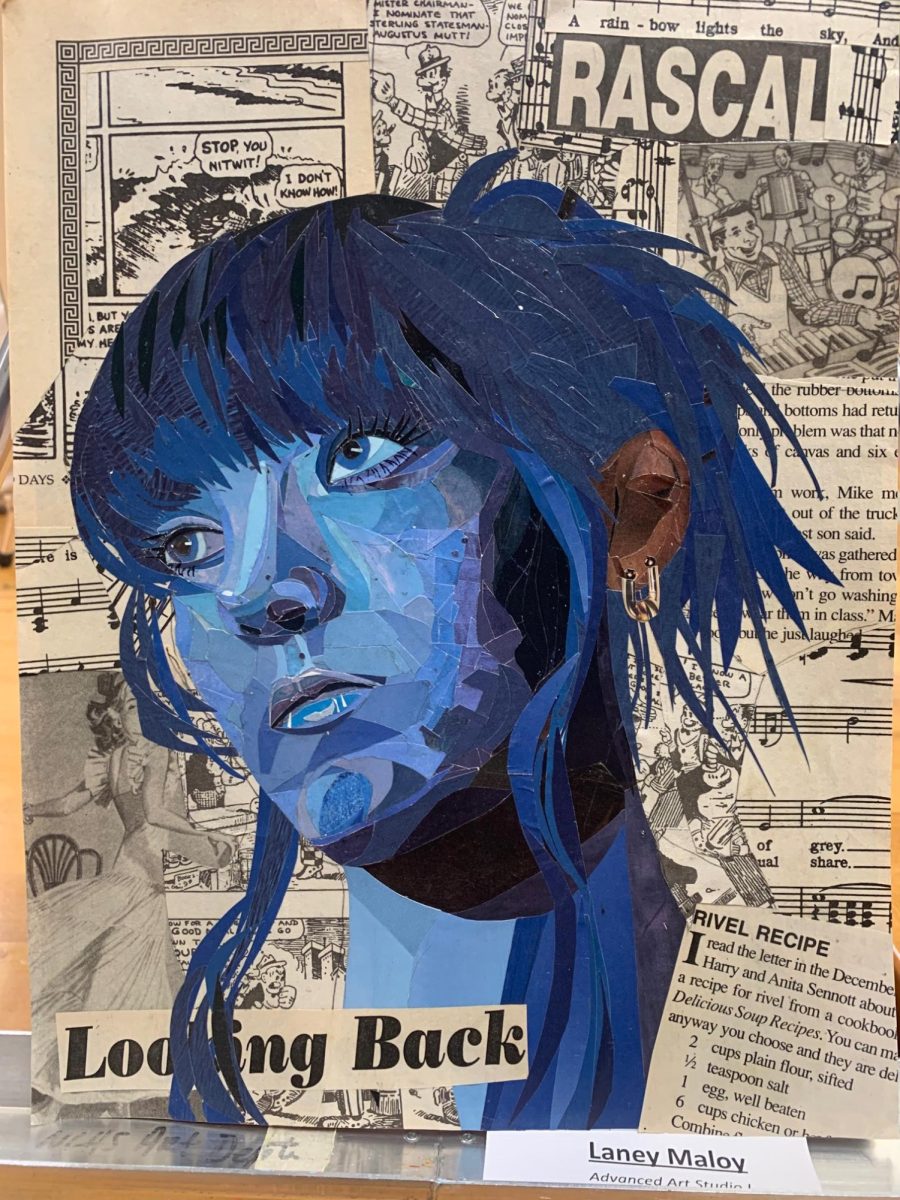
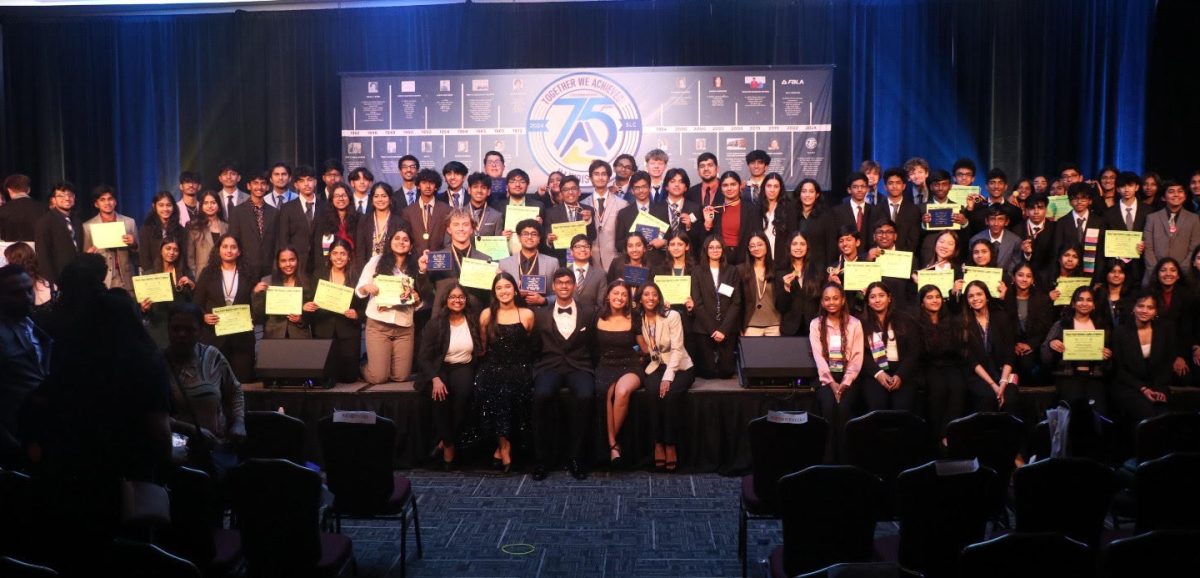

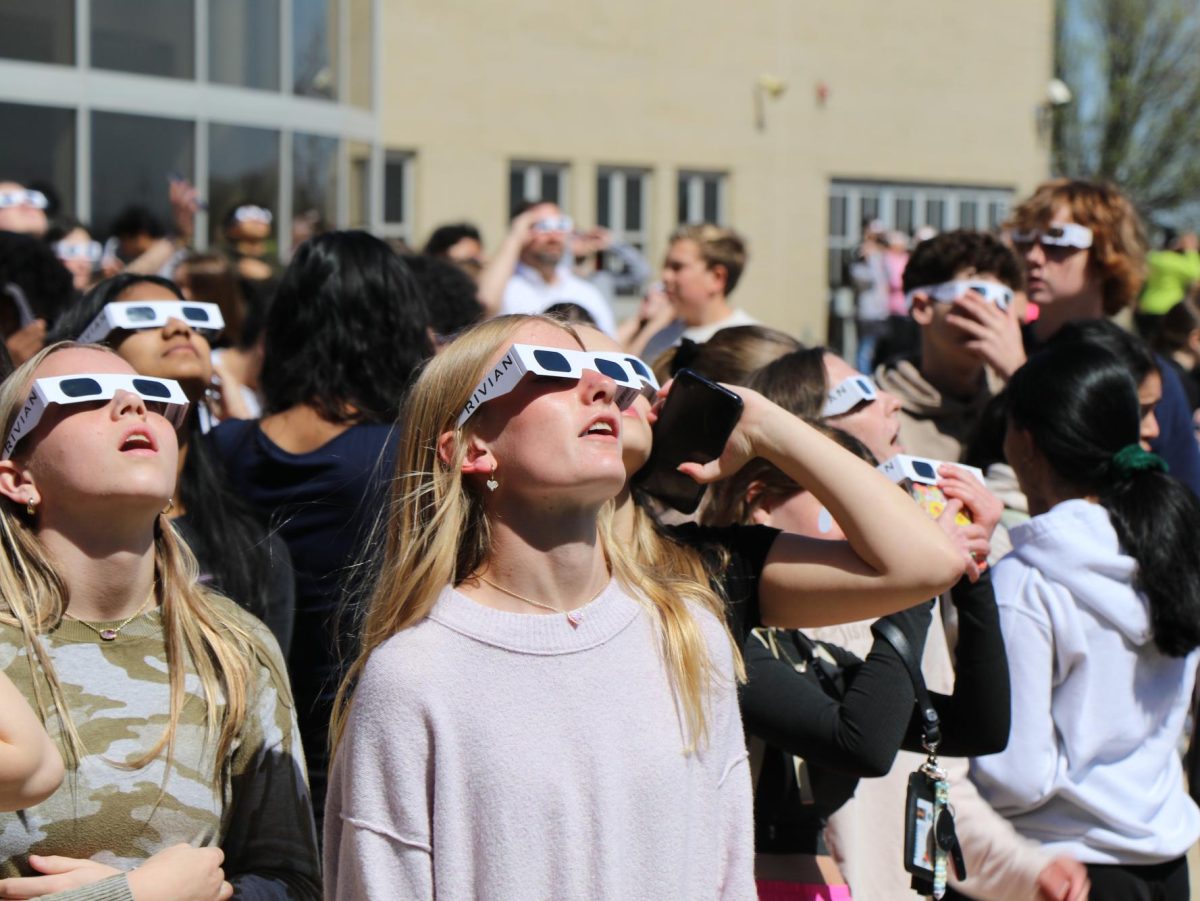
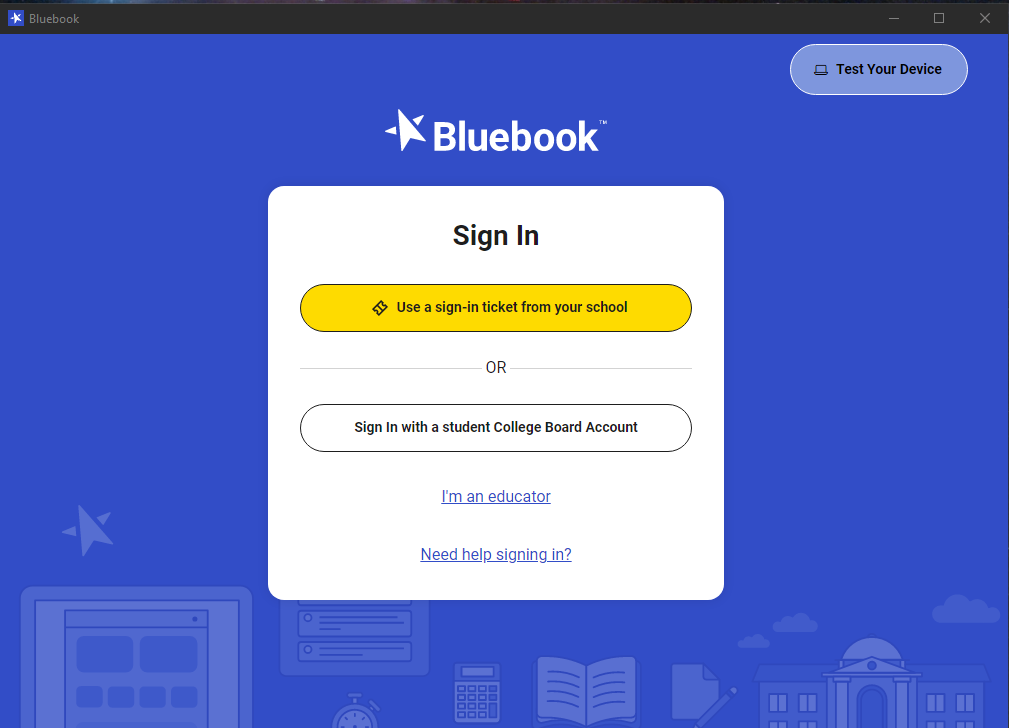
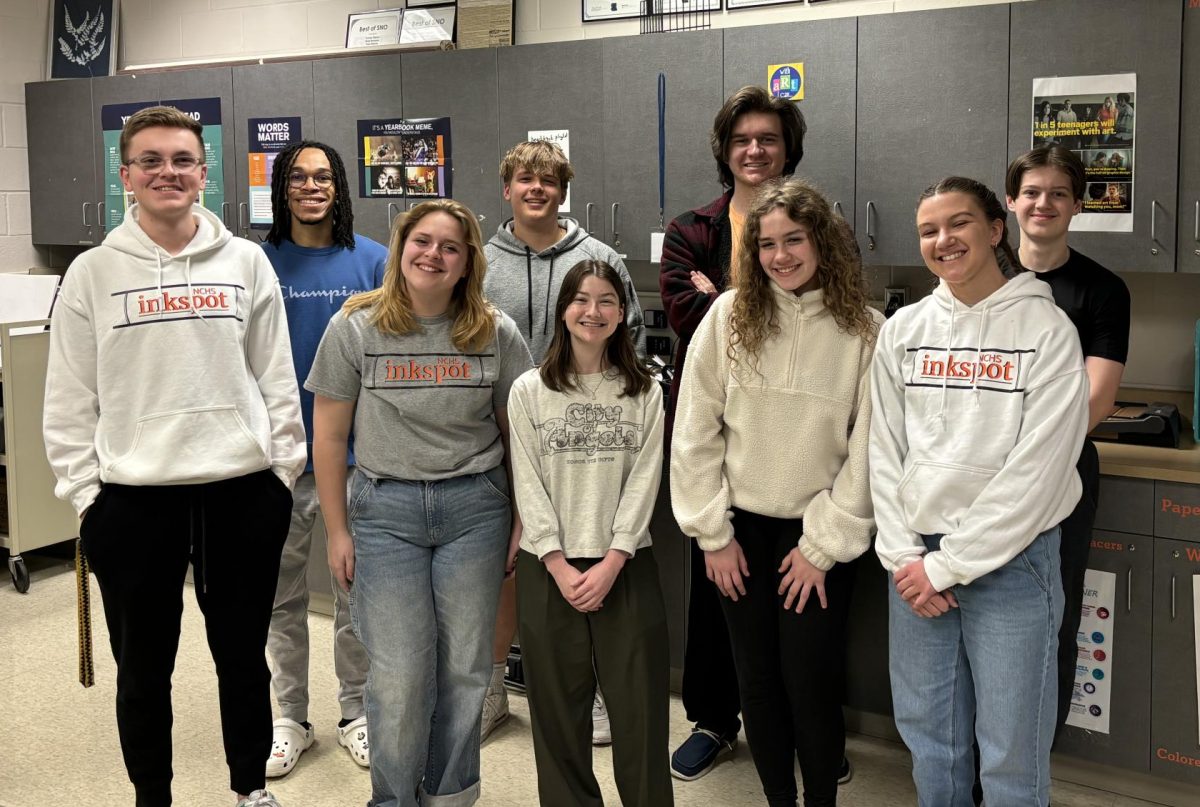








![Bird brained: The Inkspot puts Mr. Kevin Suess’ bird knowledge to the test [video]](https://nchsinkspot.com/wp-content/uploads/2024/04/Bird-Brained-1-1-1200x1200.png)
![Curtain closes on Mrs. Kevin Vernon’s career as theatre director [video]](https://nchsinkspot.com/wp-content/uploads/2024/02/Vernon-cover-photo-1200x800.png)
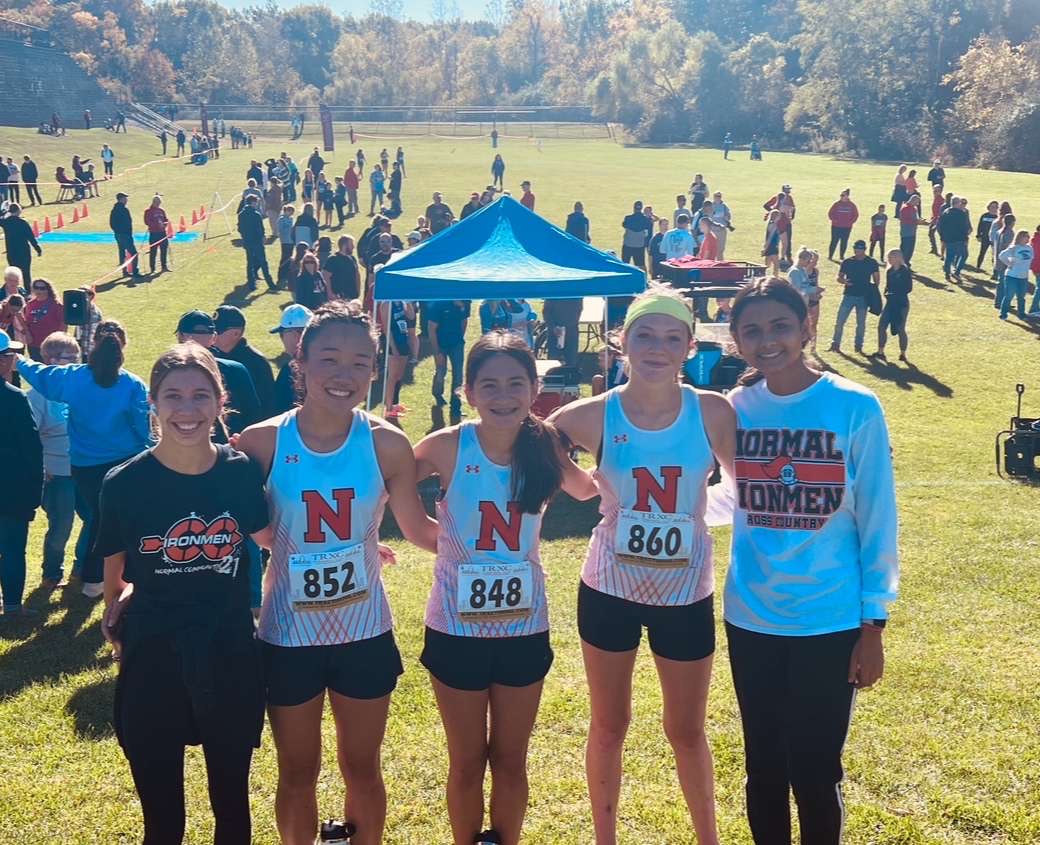
![The cast, crew of ‘The Dining Room’ on why audiences should see the winter play [video]](https://nchsinkspot.com/wp-content/uploads/2024/01/Dining-Room-1200x675.jpg)

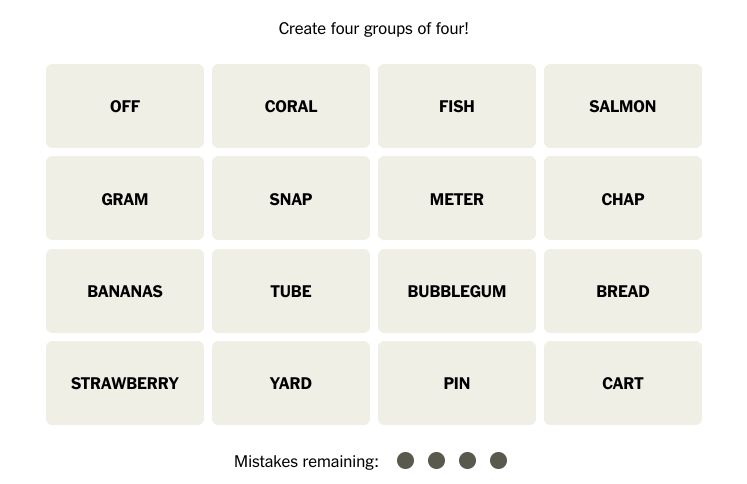

![Halloween candy cross section quiz [quiz]](https://nchsinkspot.com/wp-content/uploads/2022/10/Candy-cover-big-900x675.png)
![Average Jonah? [quiz]](https://nchsinkspot.com/wp-content/uploads/2022/05/average-jonah-900x600.png)








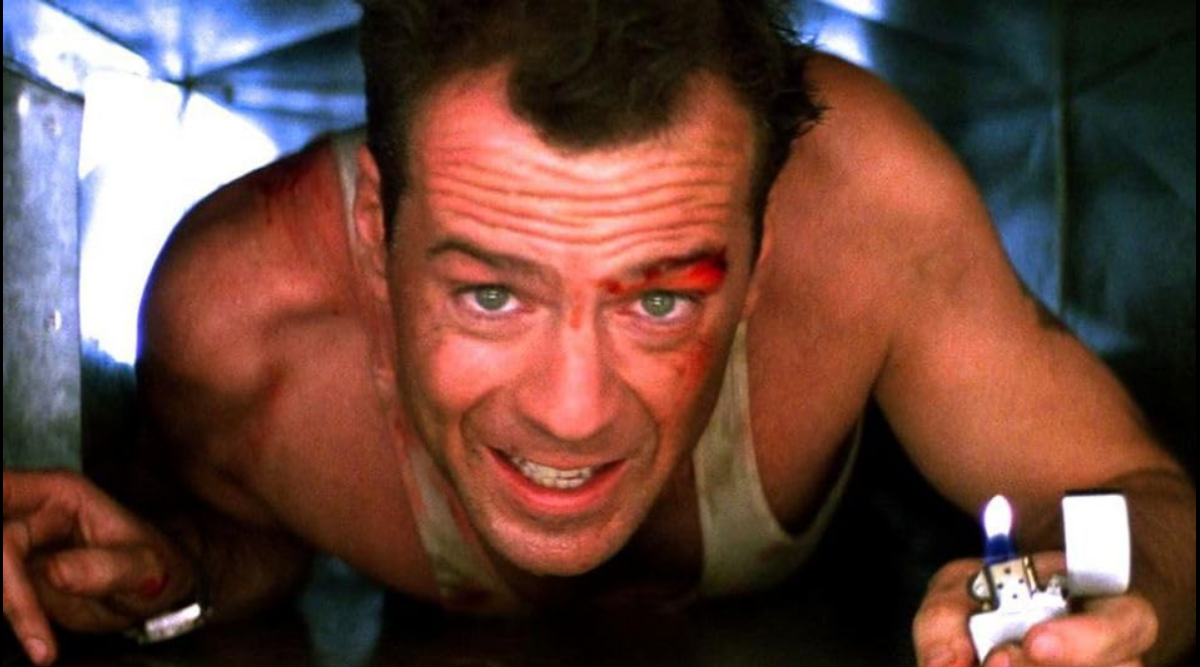
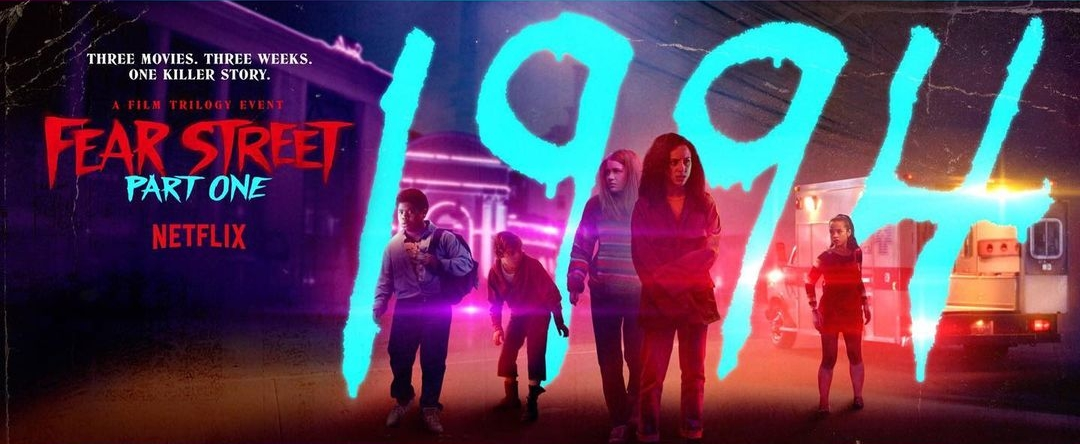
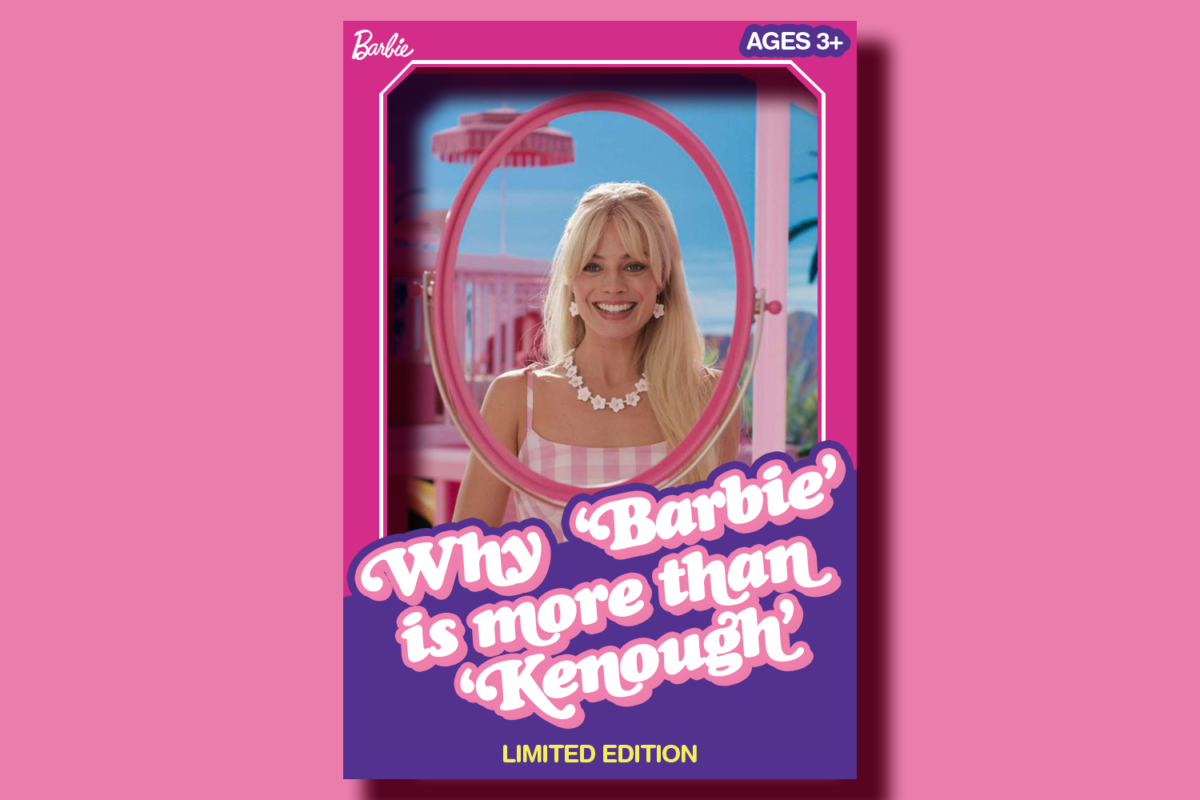




![Analog audiophiles’ playlist picks [Spotify Playlists]](https://nchsinkspot.com/wp-content/uploads/2023/10/vinyl-revival-1200x800.png)






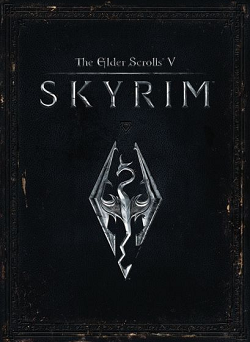
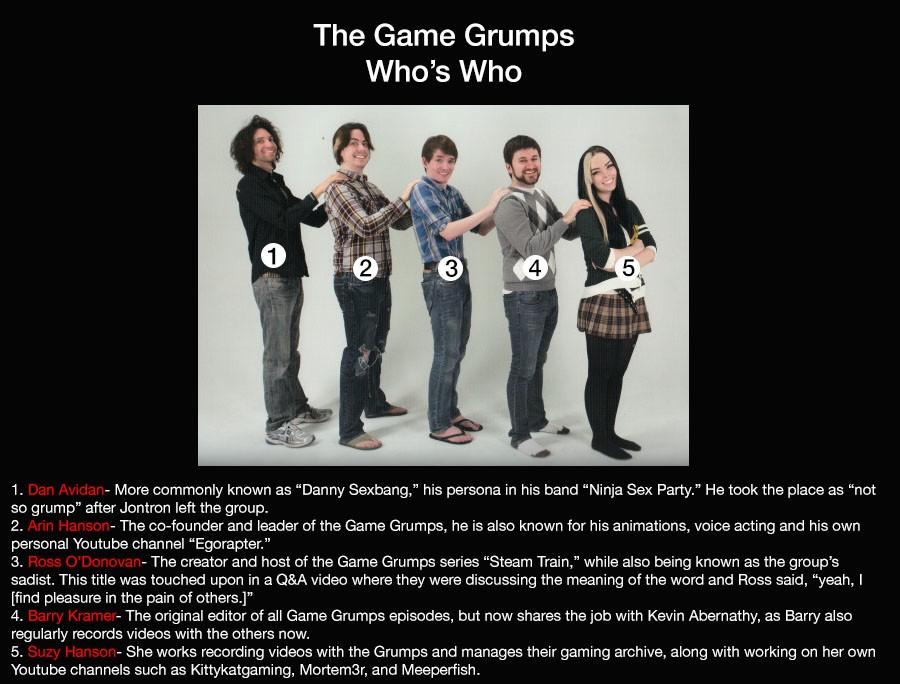
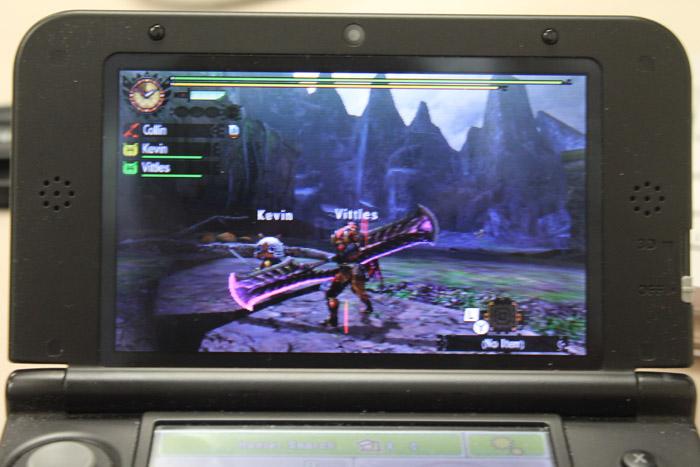
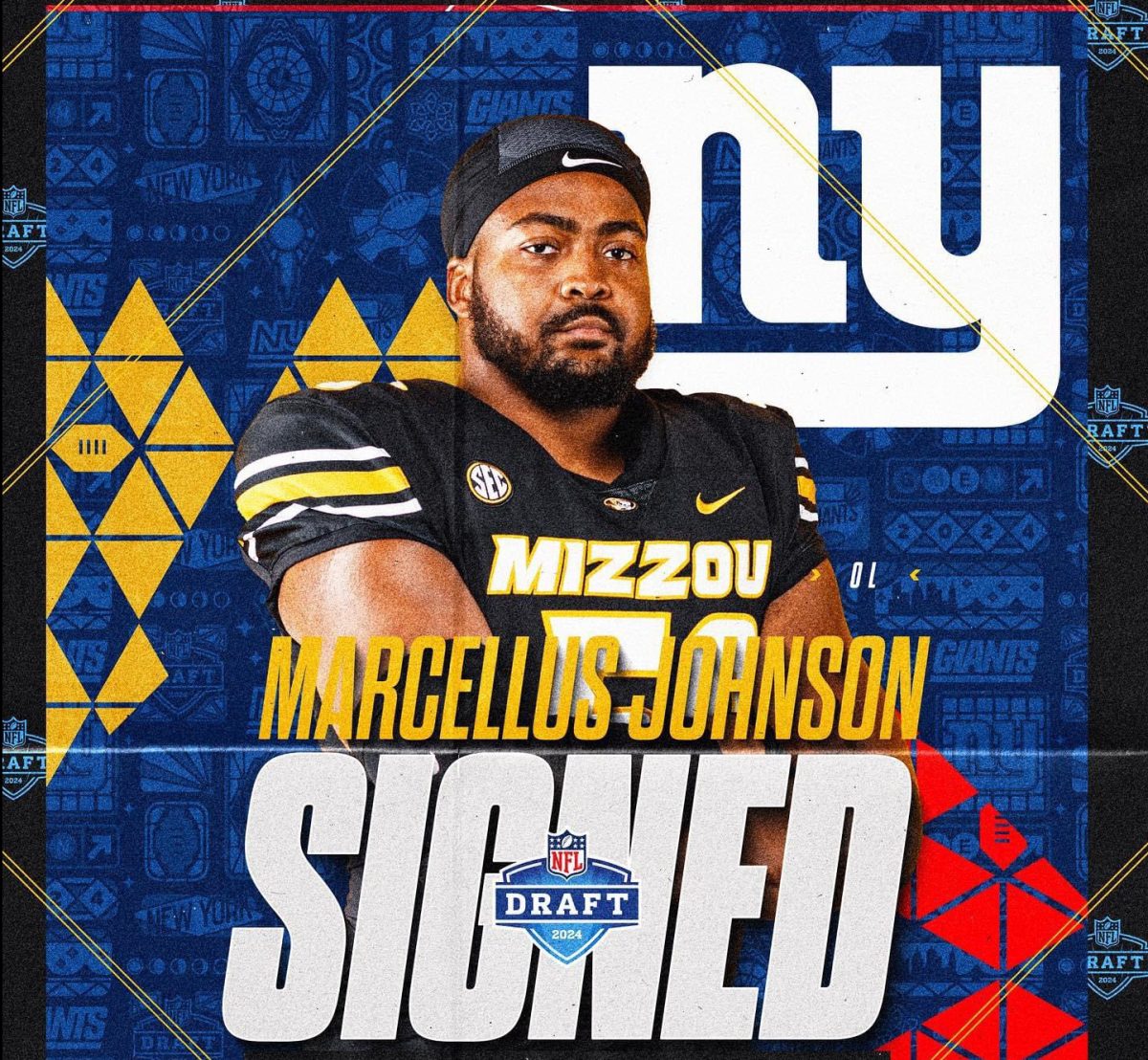
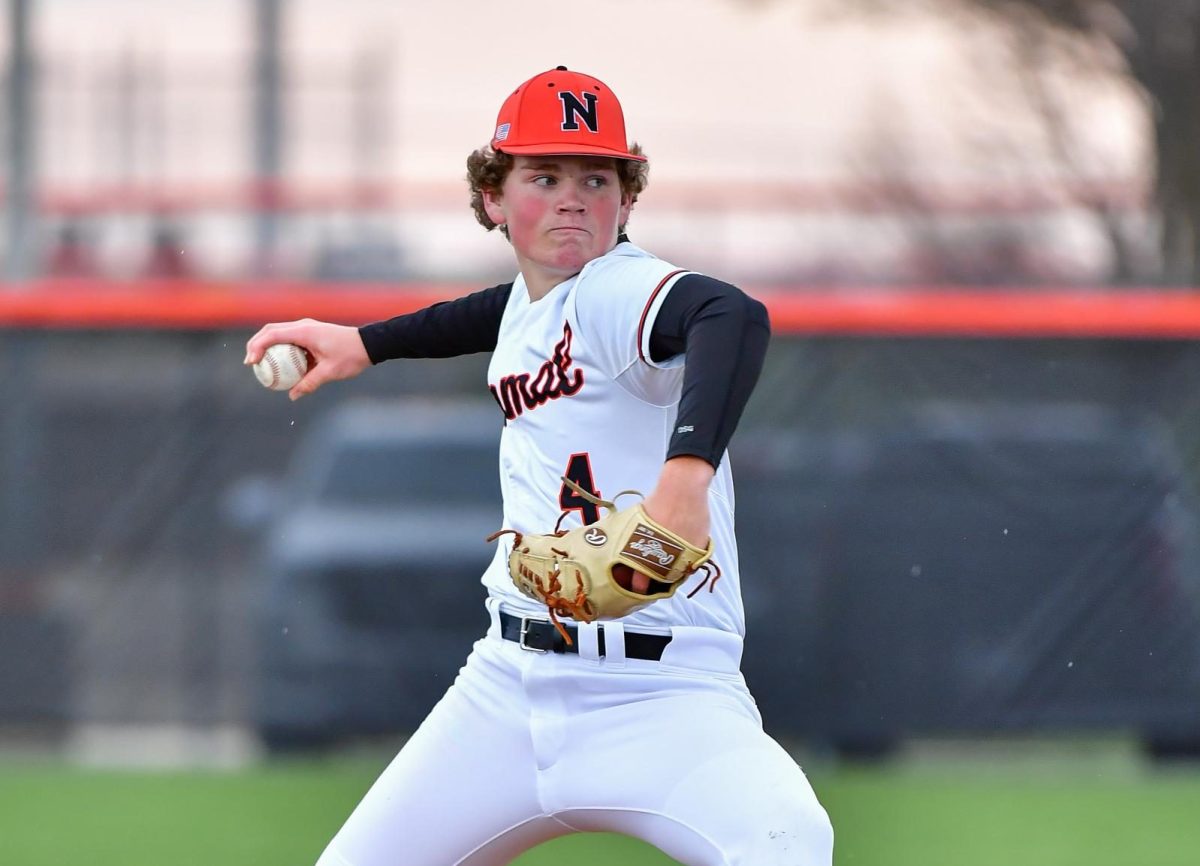
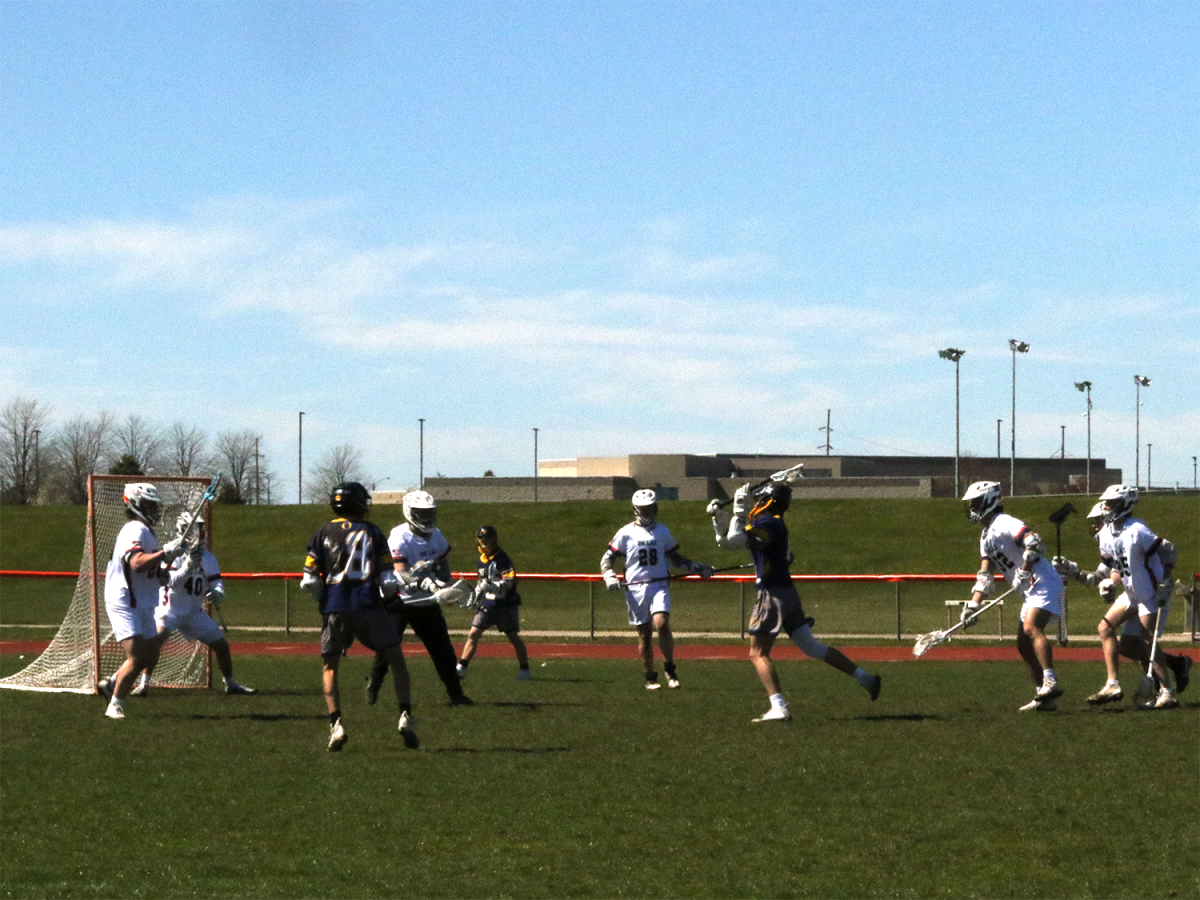
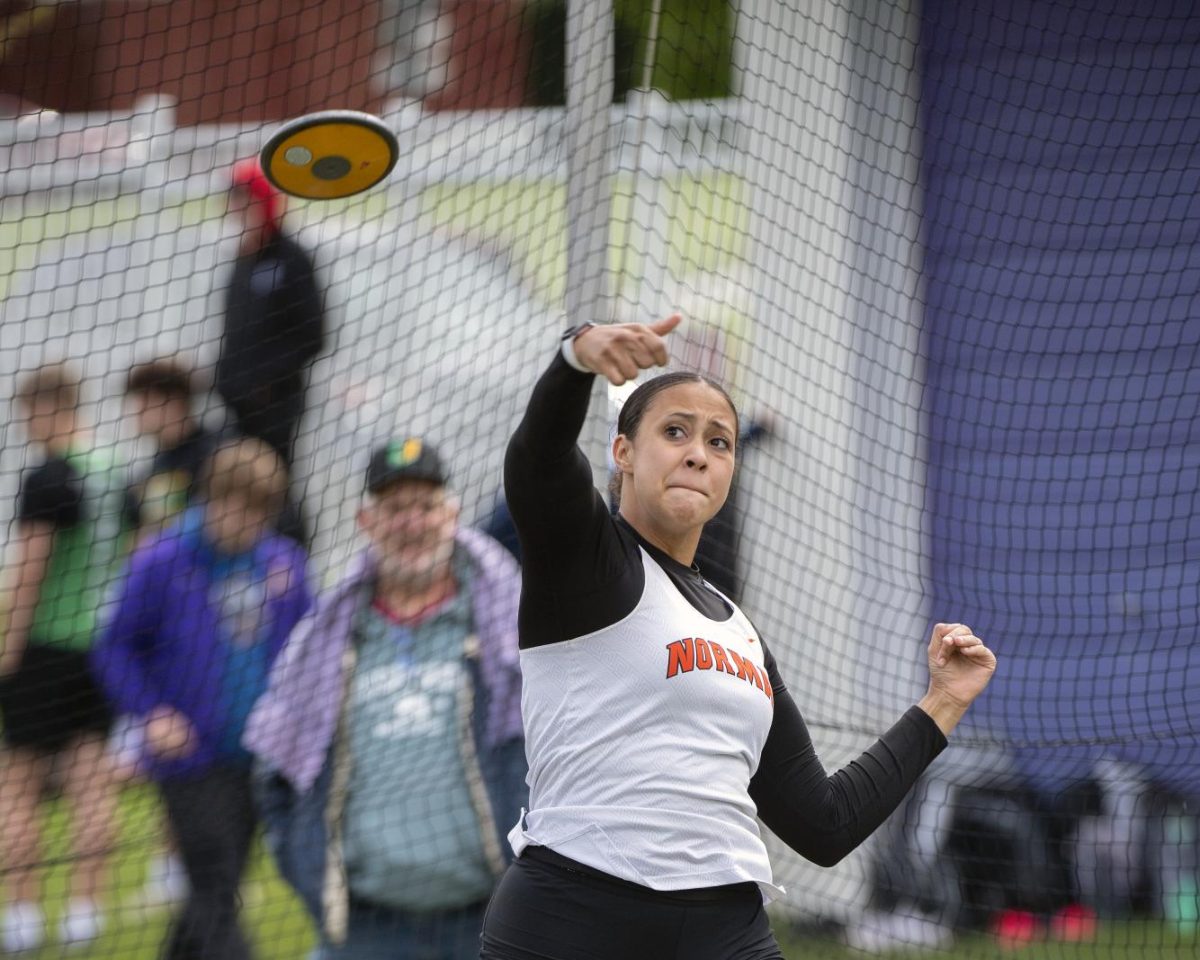

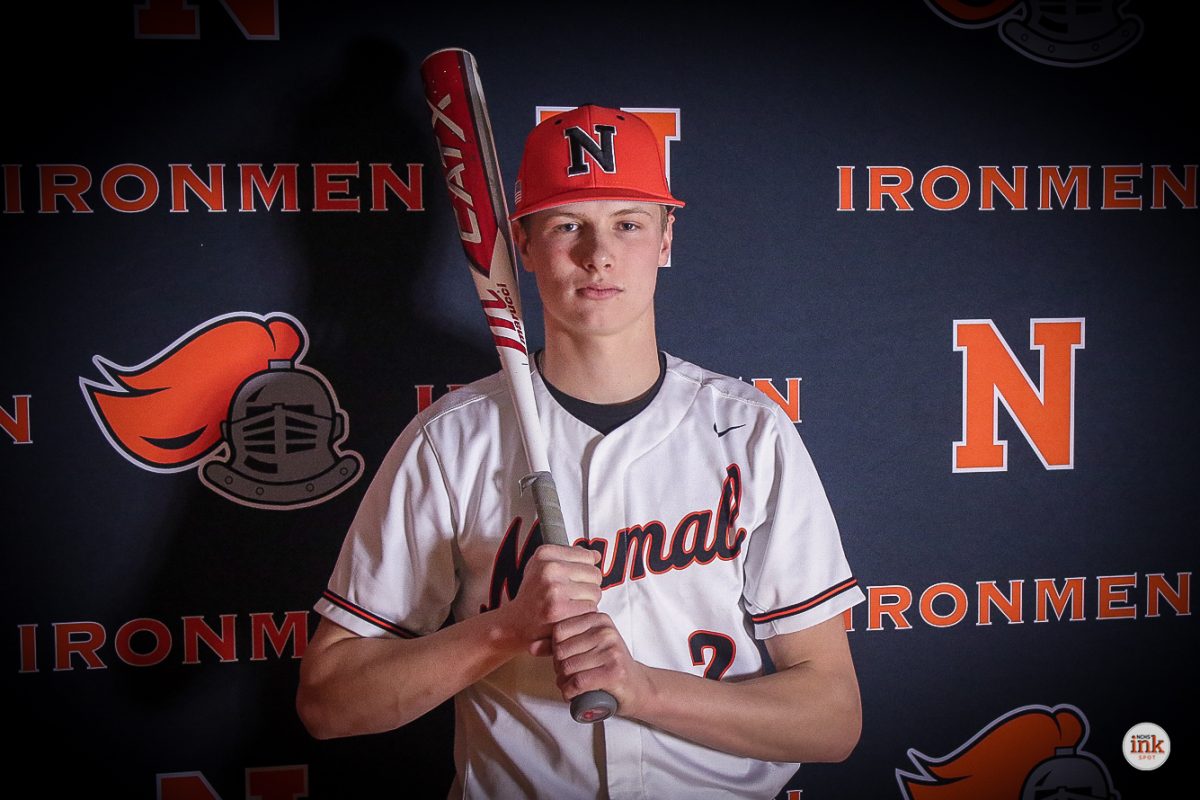
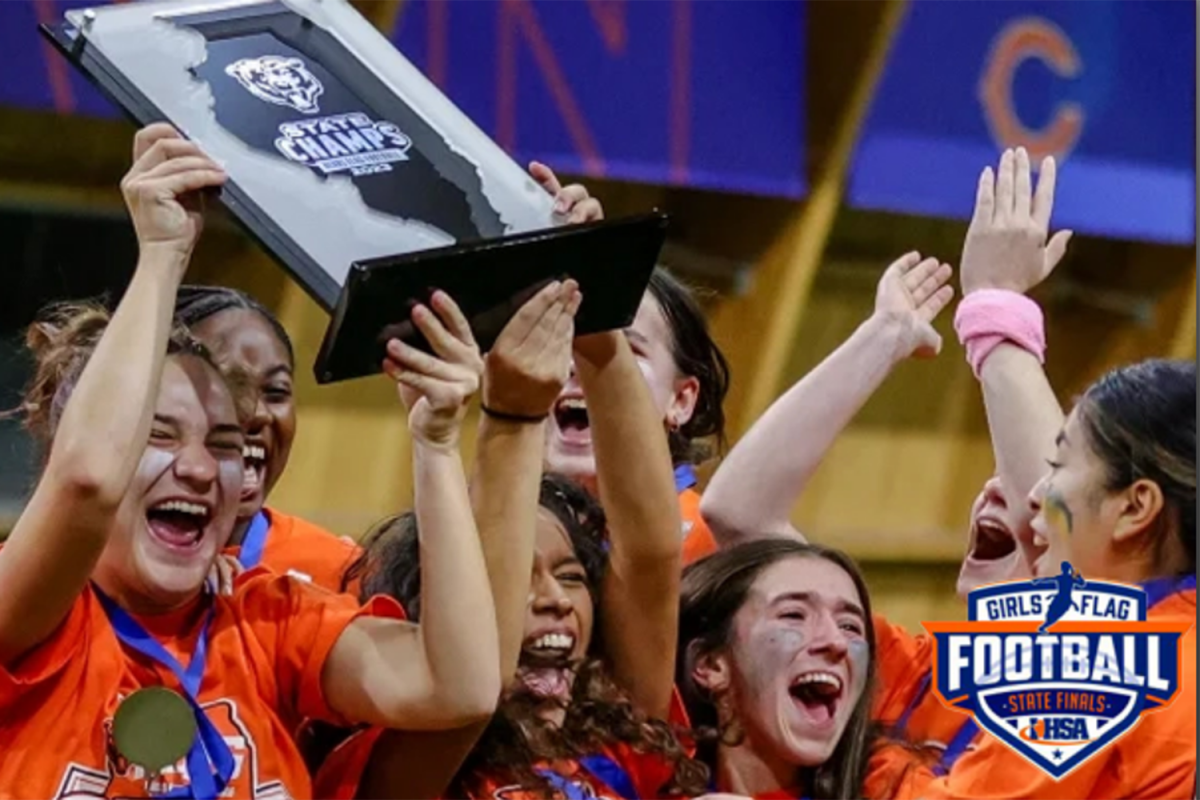
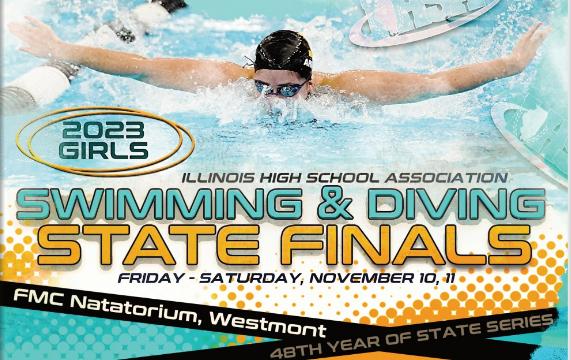

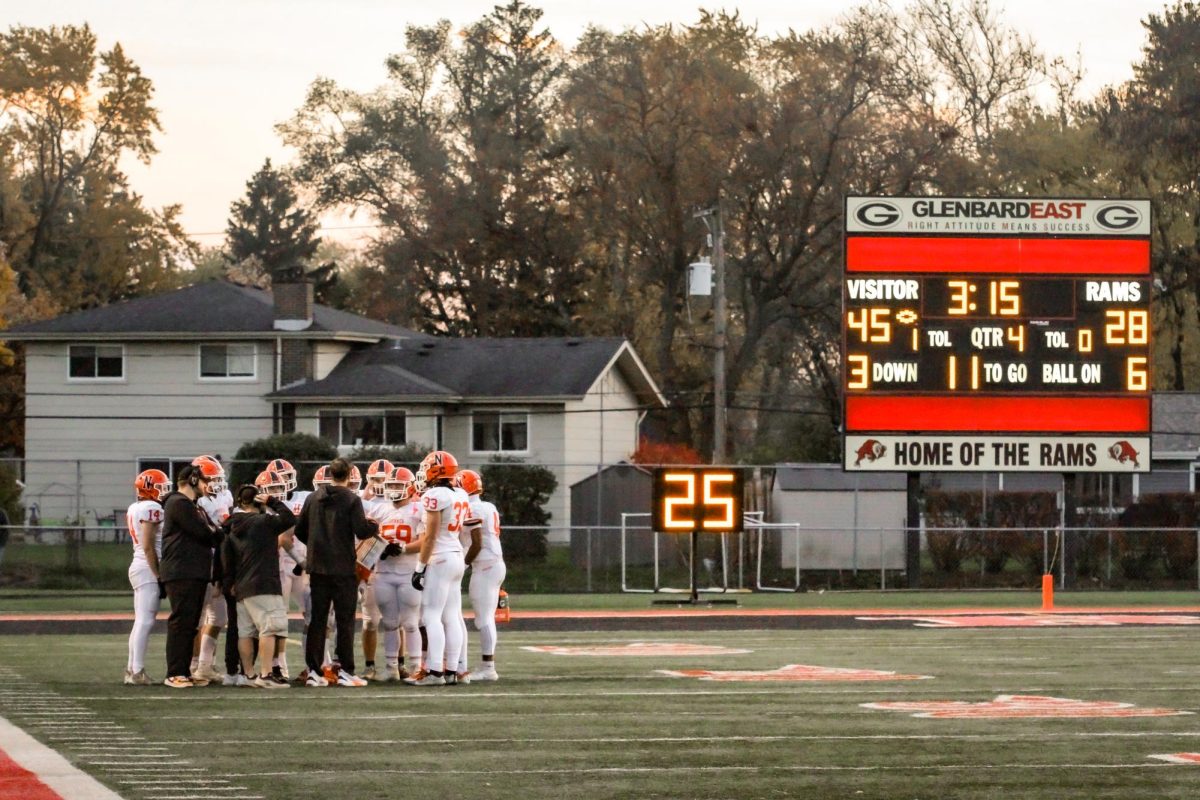

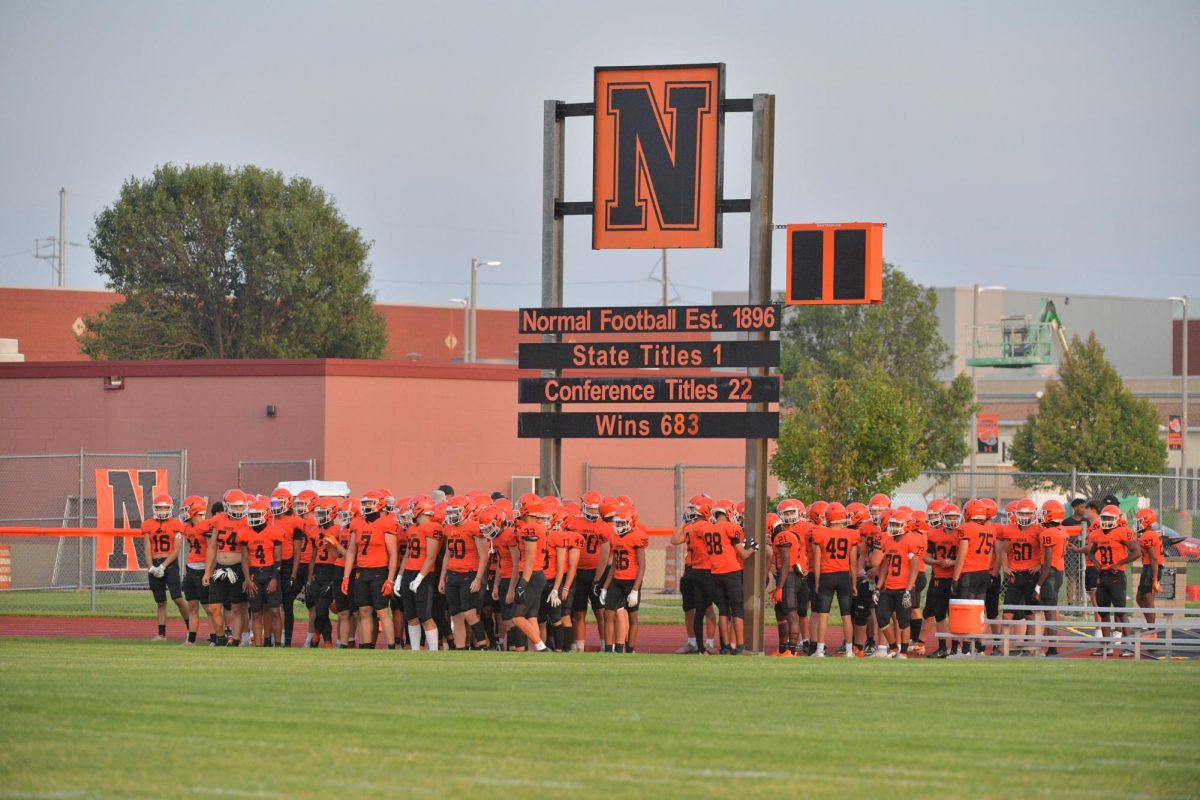
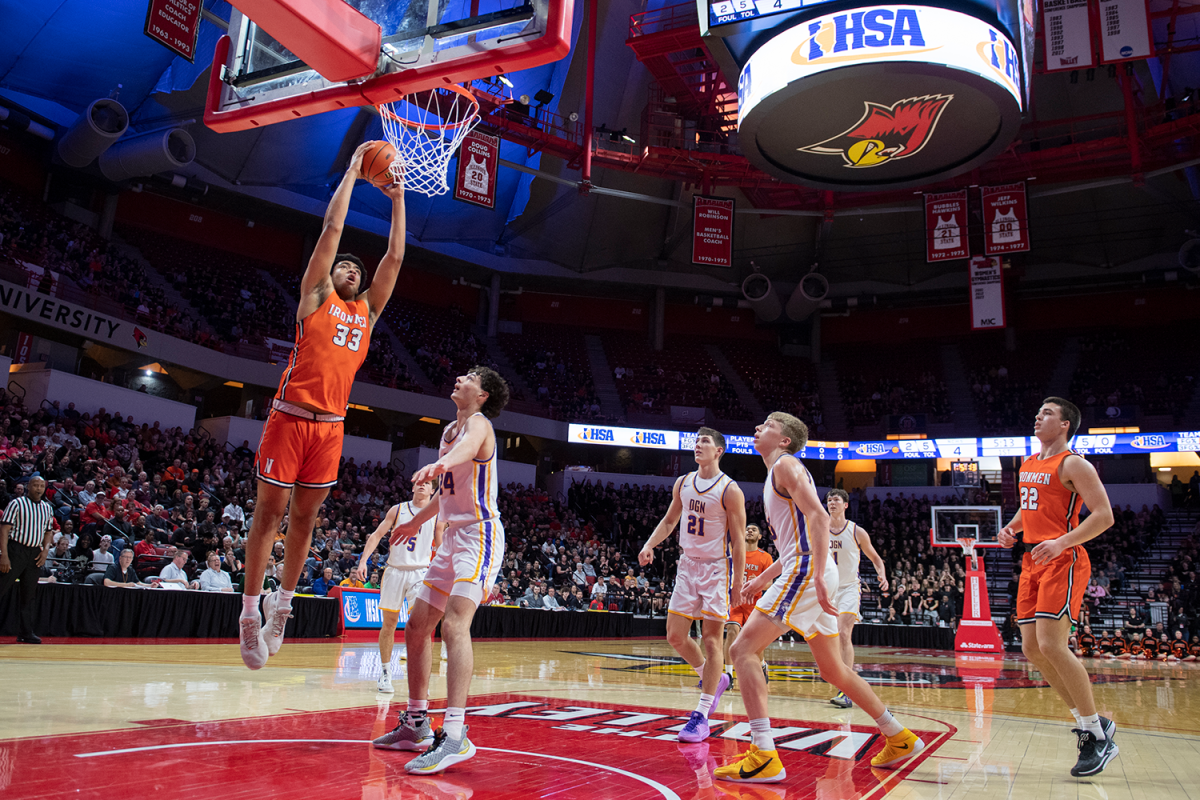
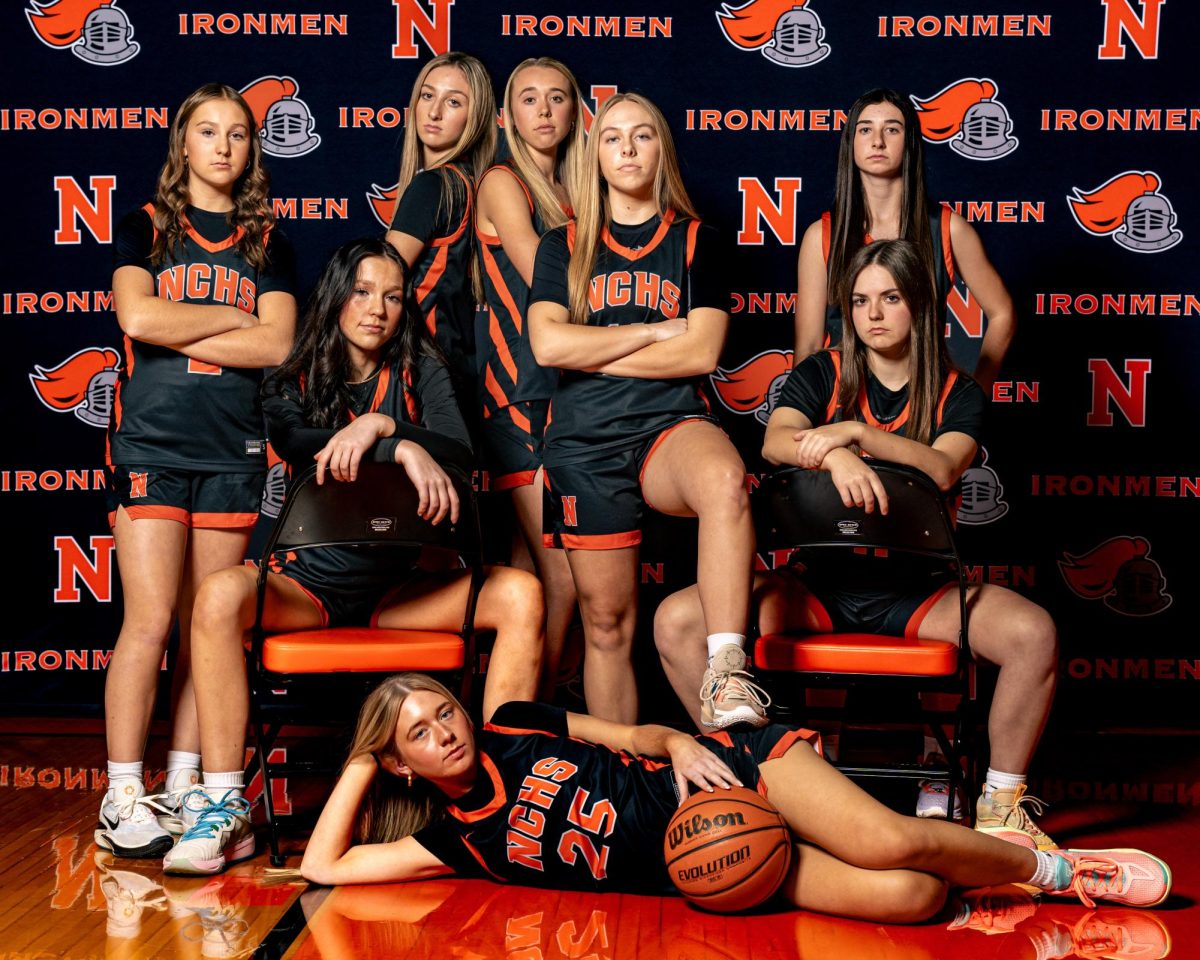
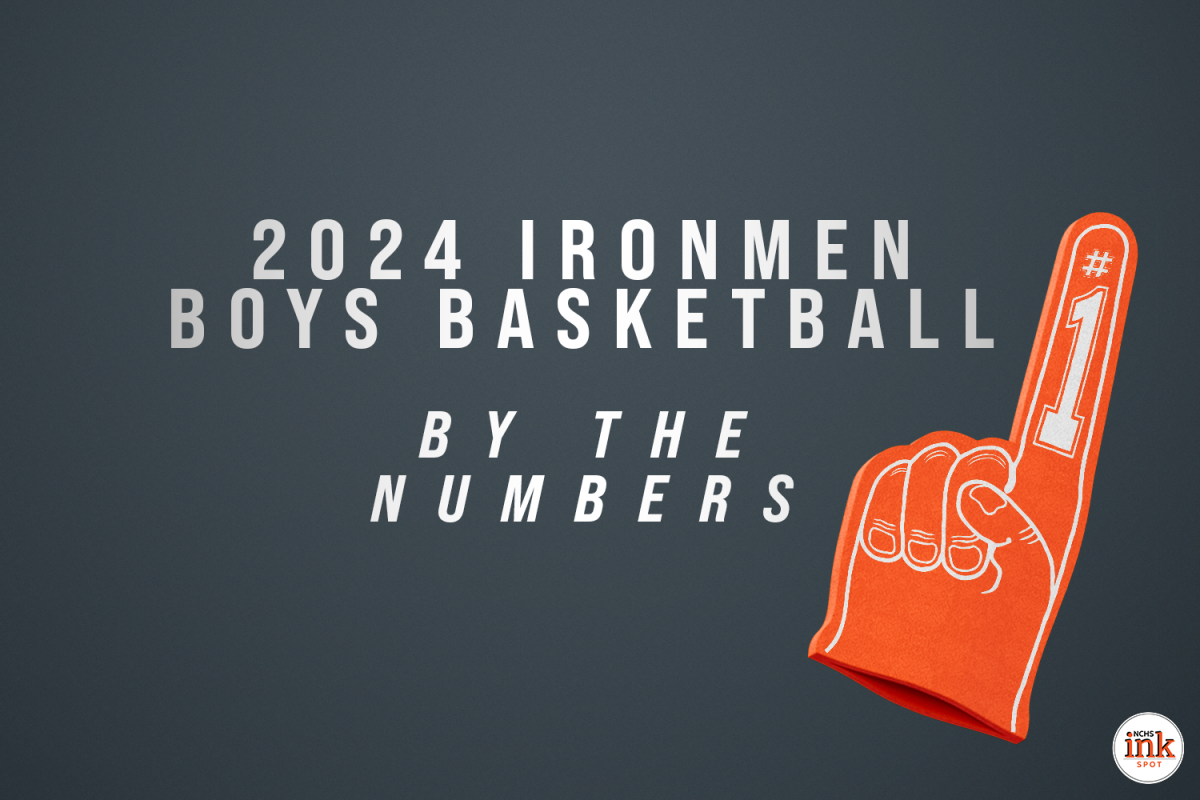
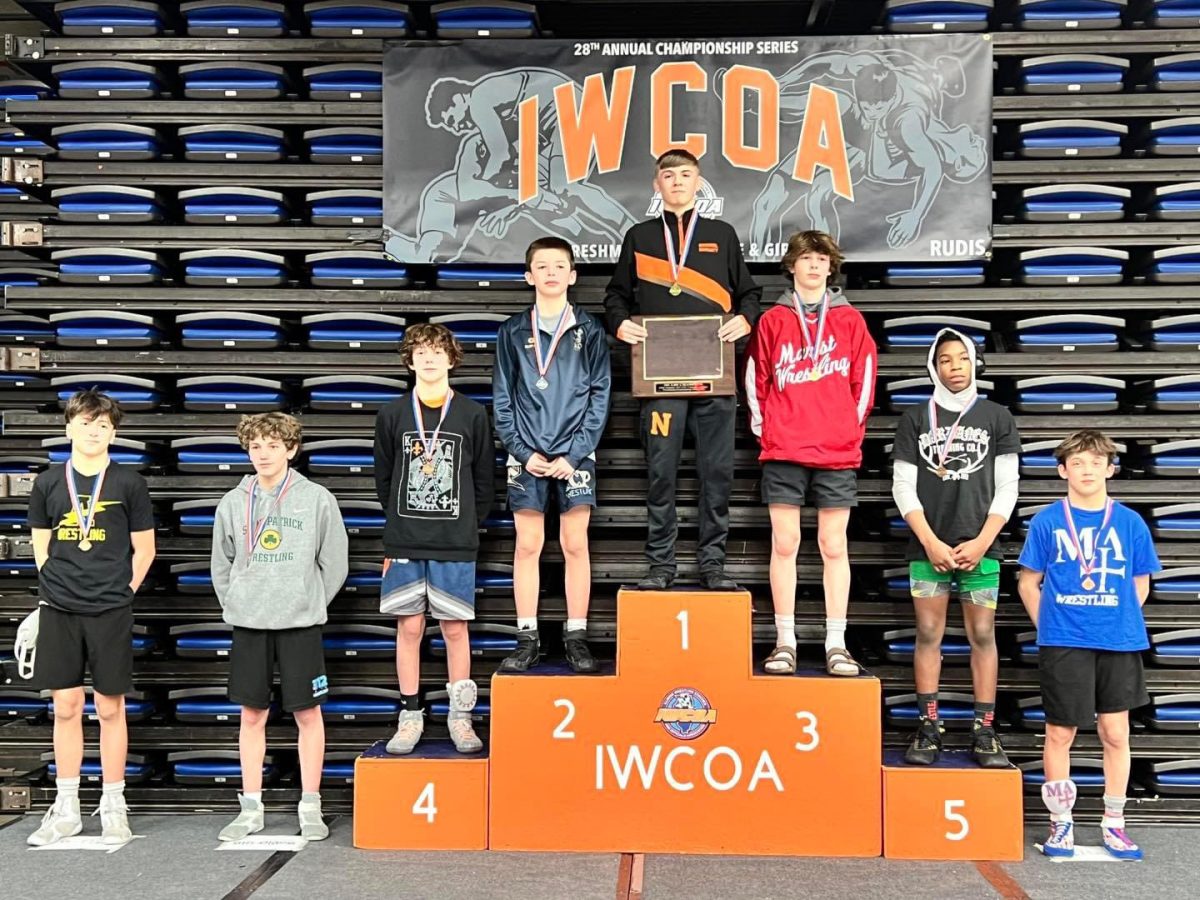
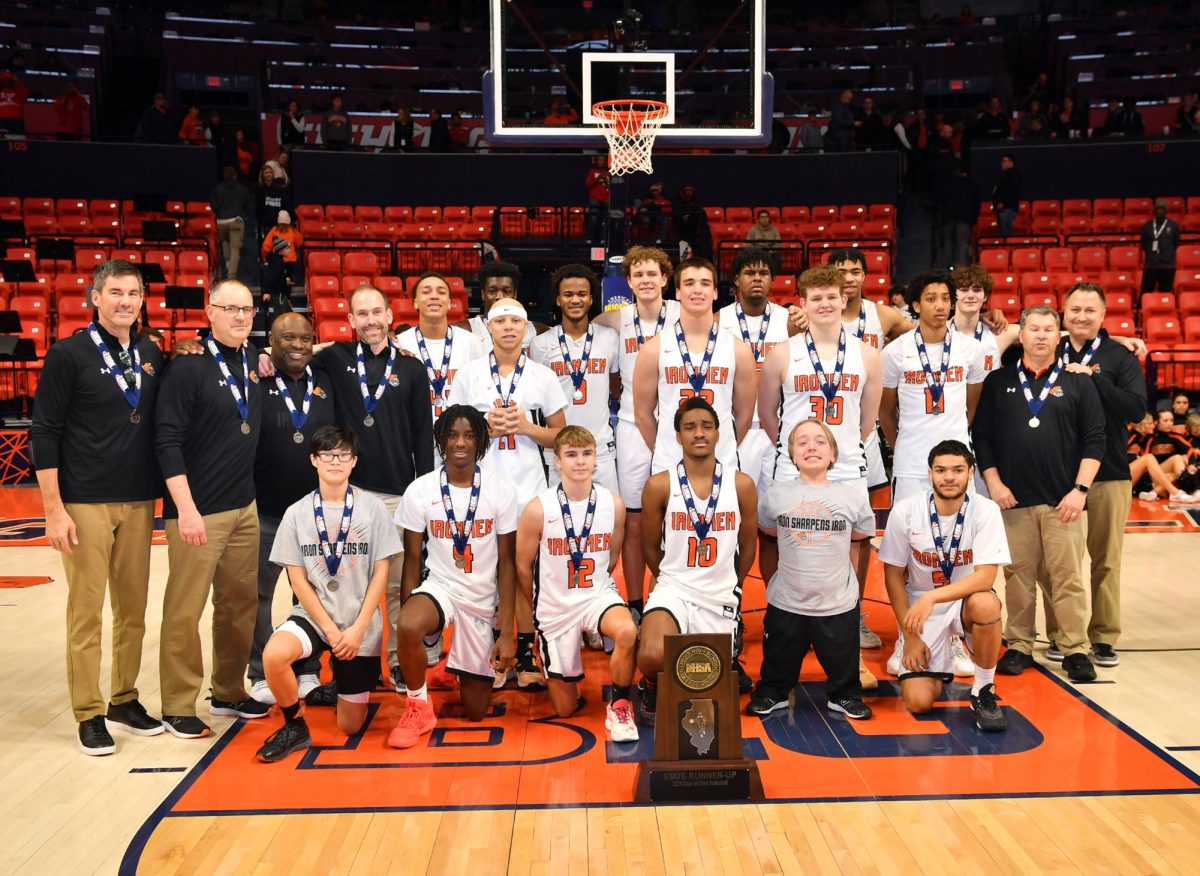
![Normal Ironmen advance to 4A State Title contest- Semi-final win press conference [video]](https://nchsinkspot.com/wp-content/uploads/2024/03/presser-1200x690.png)
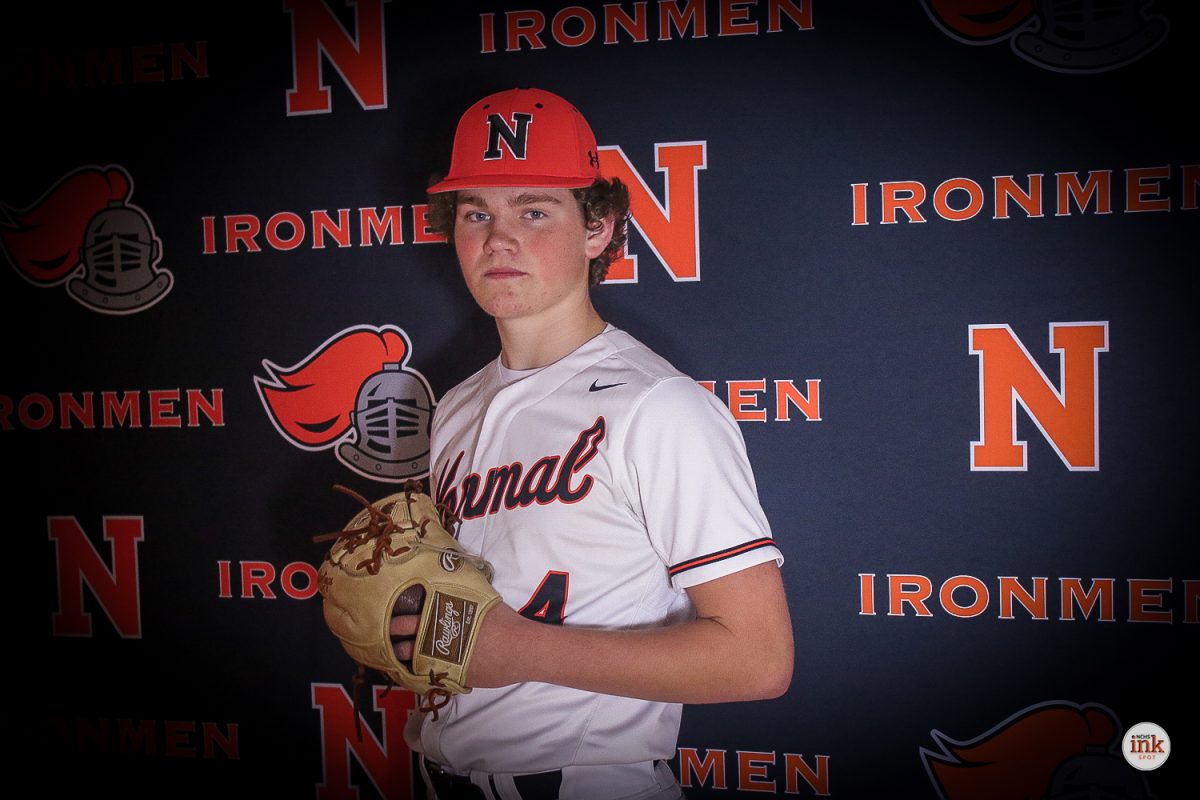

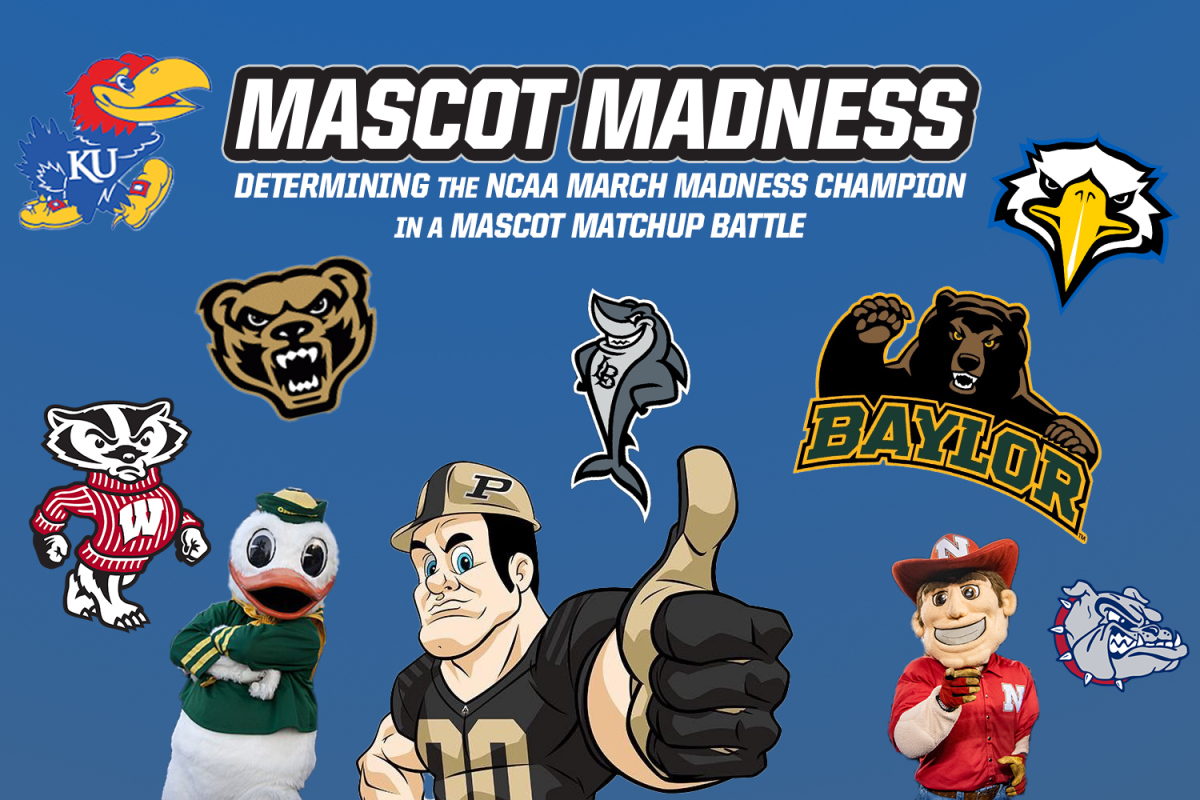

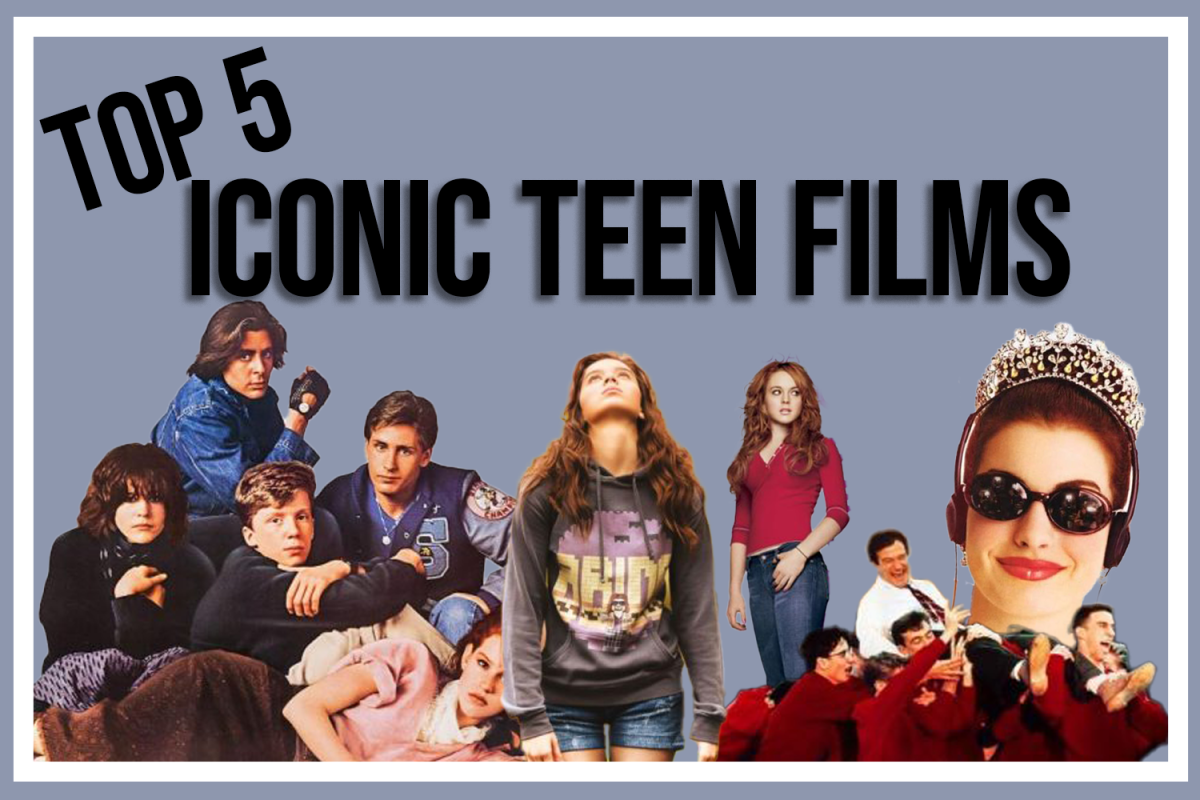





![[Photos courtesy of Disney & Studio Ghibli]](https://nchsinkspot.com/wp-content/uploads/2014/03/Picture-10-950x494.png)

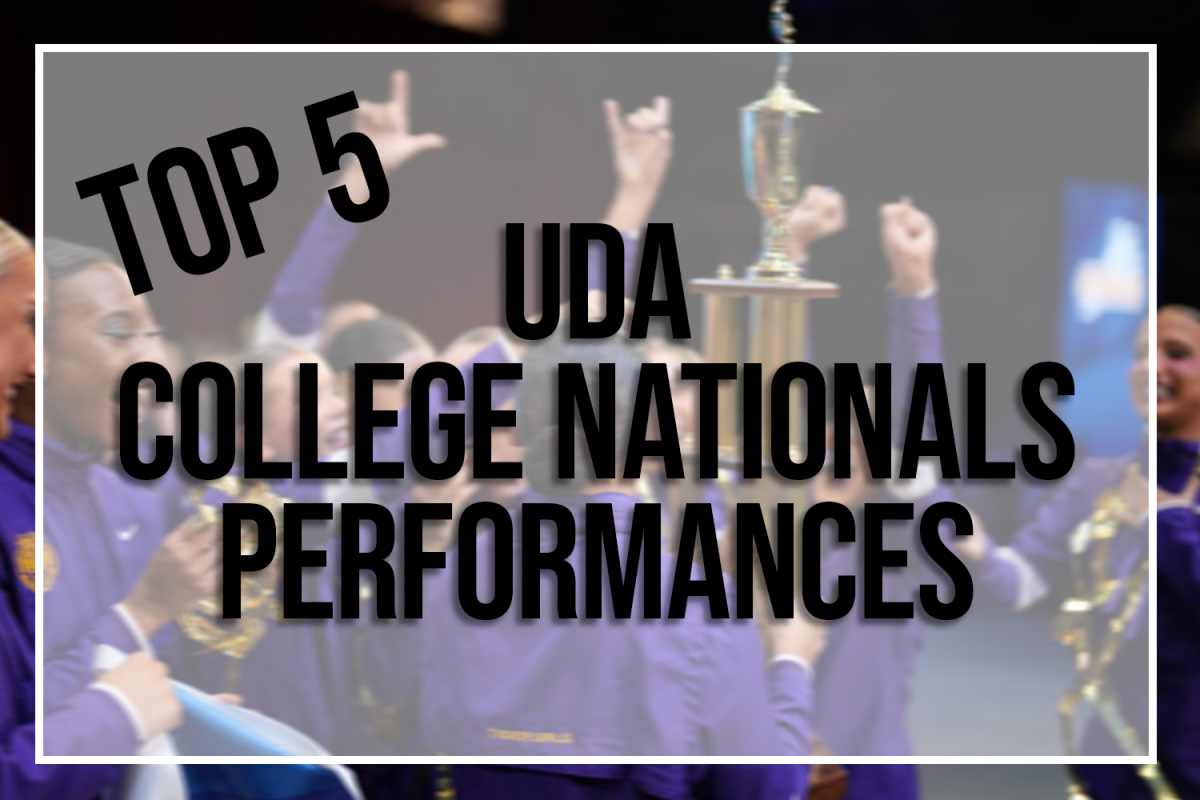



![Post-game interview: Iron win 4th straight Regional Title over Rock Island [video]](https://nchsinkspot.com/wp-content/uploads/2024/02/Bball-regional.00_00_35_27.Still001-1200x675.jpg)
![Dance team’s annual guy/girl dance set to ‘Barbie’ medley [video]](https://nchsinkspot.com/wp-content/uploads/2024/02/Guy-girl.png)
![On the Spot – Teachers tested on 2023’s hottest words [video]](https://nchsinkspot.com/wp-content/uploads/2024/01/On-the-Spot-Teachers-tested-1200x675.png)

![On the Spot: Luck or Lore [video]](https://nchsinkspot.com/wp-content/uploads/2023/10/MOS-Super-1200x675.jpg)
![On the Spot: Barbie Brainiacs? [video]](https://nchsinkspot.com/wp-content/uploads/2023/10/Barbie-Brainiac-1200x675.jpg)
![On the Spot: Ep. 6 – ‘Winter Break plans’ [video]](https://nchsinkspot.com/wp-content/uploads/2022/12/On-the-Spot-6-900x506.jpg)





